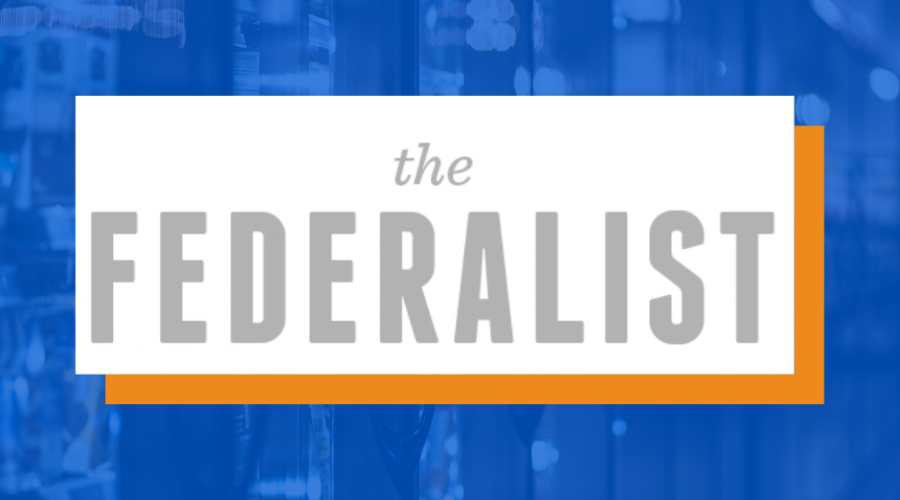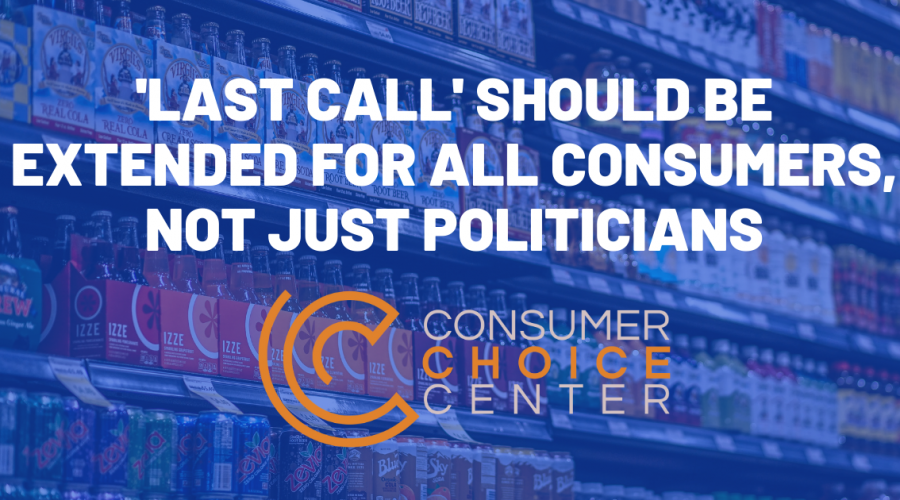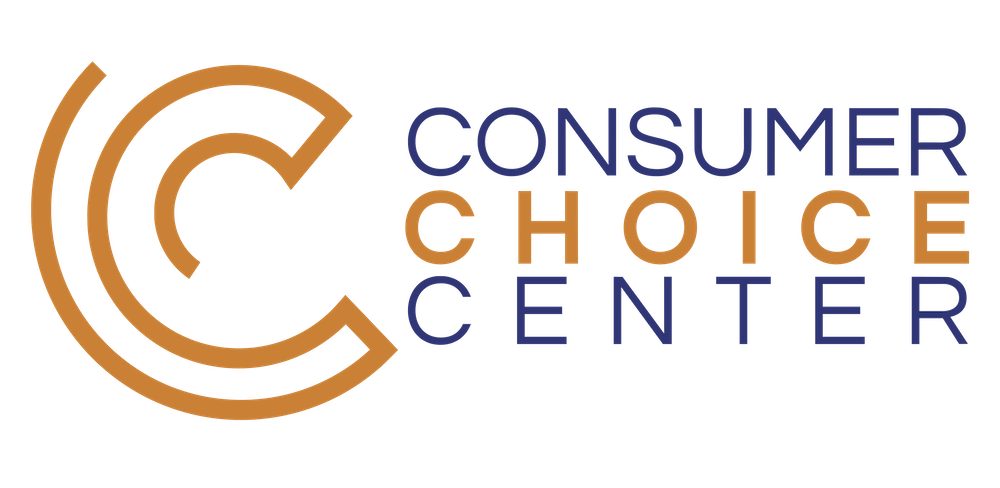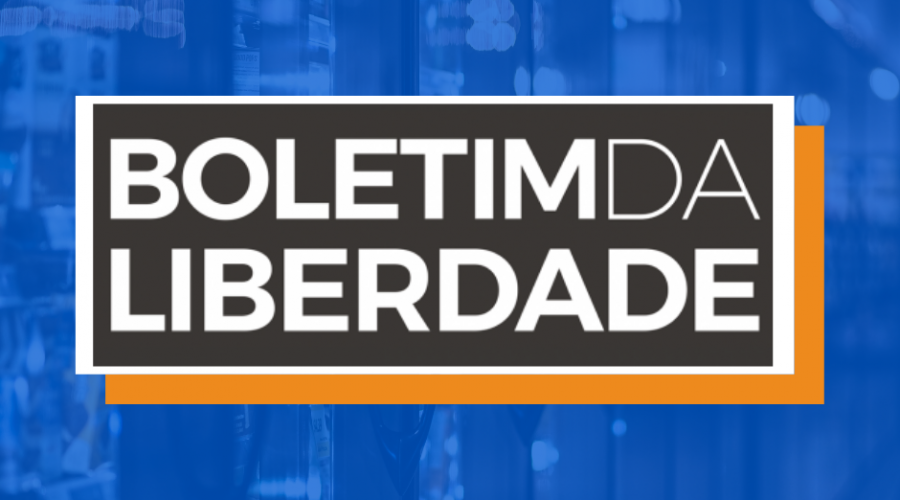Frivolous Lawsuits Against Scientific Innovation Are Just Another Form Of Socialism
Unjustified and outsized verdicts harm society by discouraging investment in innovative products, yet they’re becoming startlingly common.
Only 51 percent of Americans think socialism would be a bad thing for the country, according to a Gallup poll released in May. Although the 2020 election will be a big test for whether socialism gains a foothold, freedom-lovers should be worried more broadly than at the polls.
The slide towards socialism is taking root not only at the ballot box, but also from the jury box. Plaintiffs’ lawyers are having wild success in their campaign to redistribute wealth from innovative companies to sympathetic clients—all while taking a healthy cut for themselves, of course.
Unjustified and outsized verdicts harm society by discouraging investment in innovative products. Researchers at the University of Chicago Booth School of Business and Tilburg University recently aggregated data from more than 40,000 lawsuits filed between 1996 and 2011 and found that “frivolous lawsuits tended to focus on highly innovative businesses,” costing the average defendants $1.1 million each year. They found that the cases were, in effect, a disproportionate tax on innovation.
Consider the recent $2 billion jury verdict against Bayer AG (which acquired Monsanto) for allegations that its Roundup herbicide, made with glyphosate, caused cancer in plaintiffs. This was the third verdict for plaintiffs in California in the last year, with more than 13,400 cases pending nationwide.
Yet the U.S. Environmental Protection Agency, under Democrat and Republican administrations alike, has thoroughly and repeatedly evaluated glyphosate and found that it is not a carcinogen and it poses, “no risks to public health from the current registered uses of glyphosate.” The risk-averse European Food Safety Authority (EFSA) similarly does not classify glyphosate as carcinogenic. Australian and Canadian regulators reached the same conclusion.
But plaintiffs’ lawyers are making bank on a controversial report issued by the International Agency for Research on Cancer (IARC), an affiliate of the scandal-ridden World Health Organization. In all but one of its 900 evaluations, IARC’s flawed methodology led it to identify a chemical (Caprolactam), as “not” carcinogenic to humans.
Cherrypicking Data to Make Bank with Gullible Juries
IARC’s conclusion that glyphosate is “probably” carcinogenic to humans was particularly tainted. Christopher Portier, a consultant for lawyers suing on behalf of “victims” of glyphosate, and a part-time employee of Environmental Defense Fund, was behind the initiation IARC’s evaluation glyphosate. He then served as an “invited specialist” for IARC, despite having no background in chemical research. Not surprisingly, IARC relied on cherrypicked low-value studies and excluded relevant safety data.
That report then became the centerpiece of an anti-glyphosate campaign Portier led to undermine the safety findings of every major government evaluation of the herbicide. The outlier report and the political campaign to leverage it prompted the executive director of EFSA, Bernhard Url, to offer dramatic testimony before the European Parliament’s environment committee, lambasting IARC’s politicized work and how far it strayed from EFSA’s transparent peer-reviewed scientific work.
Url pointed out that the activism and the turmoil it caused by undermining legitimate studies suggested we have entered the “Facebook age of science,” where you post a report you like “and you count how many people like it. For us this is no way forward.” In this environment, it’s easy to see how a group of jurors, asked to evaluate “conflicting studies,” could side with sympathetic plaintiffs over a big chemical company.
I could imagine jurors in the $2 billion verdict thinking, “I don’t really know whether this product caused Alva and Alberta Pilliod’s non-Hodgkin’s lymphoma, but a big verdict in their favor will help them more than it’ll hurt Bayer.” Bayer’s share price fell 6 percent on news of the verdict, reflecting investor concern about liability in the thousands of other cases.
False Lawsuits Are Attacks on Discovery
Put aside the cost to a typical investor’s retirement account and consider the costs to society in a world where innovative scientists have to answer the following questions from potential investors: Let’s say your product actually does the wonderful things you are developing it to do. Let’s also say that regulators around the world repeatedly vouch for the safety of its proper use.
But what’s to stop plaintiffs from ginning up enough high-dose animal studies to get IARC to study it, leading to an almost certain cancer warning? And what’s to stop those lawyers from using that report to canvas for cancer patients who used the product? Won’t this be another glyphosate?
There are no good answers to these questions. And that’s why these types of cases represent a serious attack on progress.
We are all beneficiaries of technology. Whether it’s lower-cost food and reduced soil erosion because of glyphosate, or critical components of computers, cell phones, and aircraft, innovation makes life better for everyone. That’s why they are so widely used.
Sadly, if not ironically, it’s also why enterprising plaintiffs’ lawyers are seeking to capitalize on sympathy towards socialism, both abroad at IARC, and at home in the jury pool. For them, it’s a solid investment.
Don’t look to Congress to fix the problem anytime soon. The Frank R. Lautenberg Chemical Safety for the 21st Century Act, passed in 2016, made it clear that the legislation would not preempt toxic tort litigation.
The best we can hope for is a more scientifically literate populace who, as jurors, are less likely to be duped by those who game the system. We should also be cautious about what we share on social media. As Smokey Bear said, “Only YOU can stop forest fires.” And only YOU can tamp down the “Facebook age of science.” At a time when nearly half of Americans don’t seem to understand the threat of creeping socialism, it’s time for those of us who do to be on guard on all fronts.
Jeff Stier is a senior fellow at the Consumer Choice Center. He is also a senior fellow at the Taxpayers Protection Alliance and a policy advisor to the Heartland Institute.




